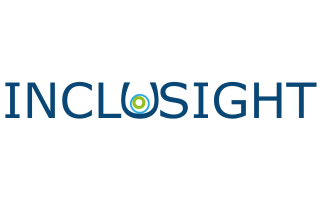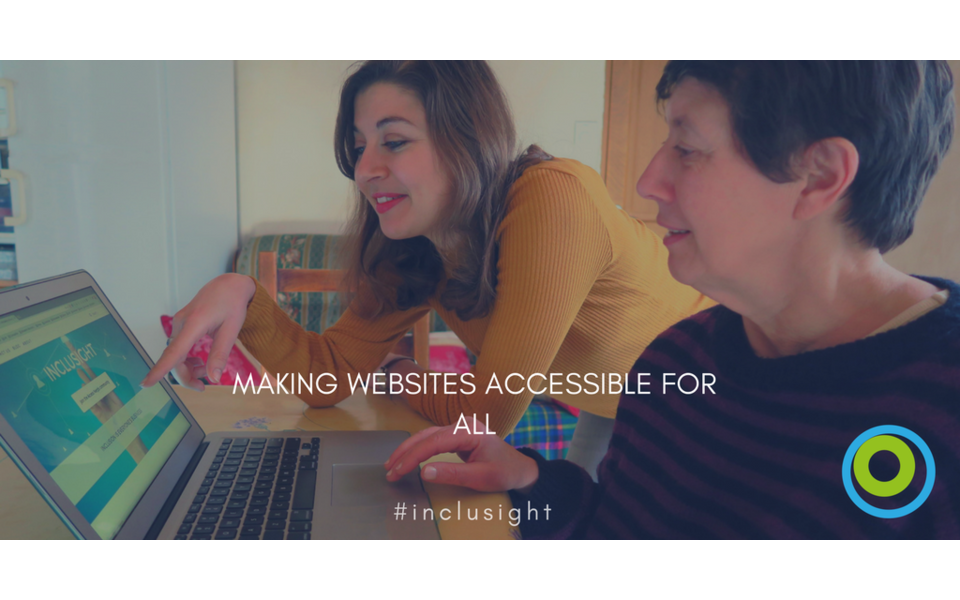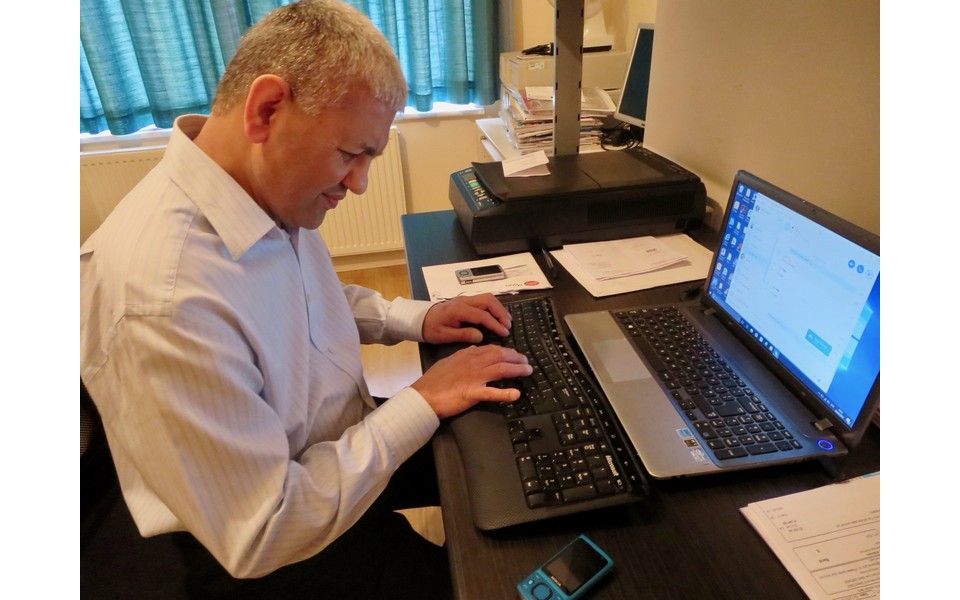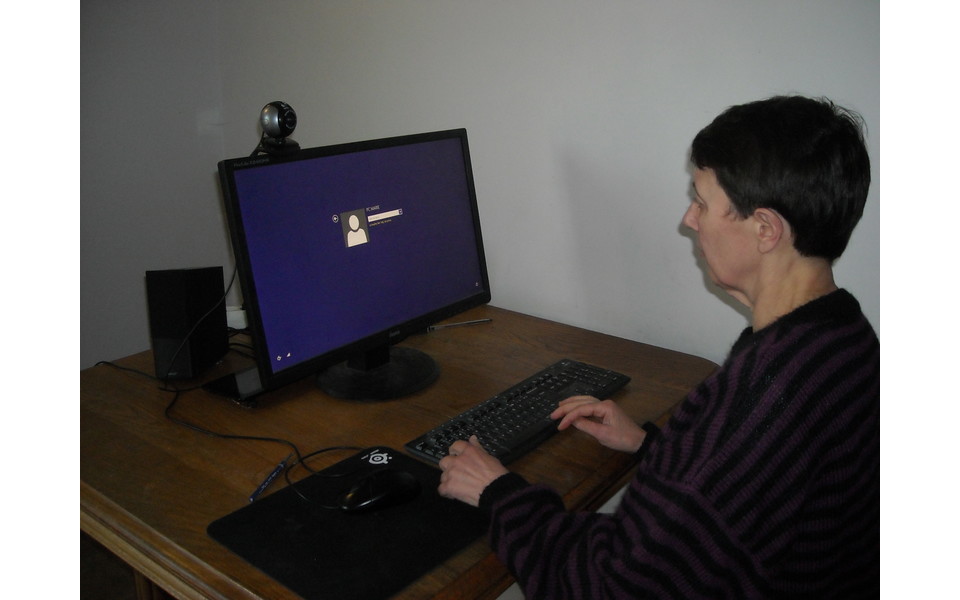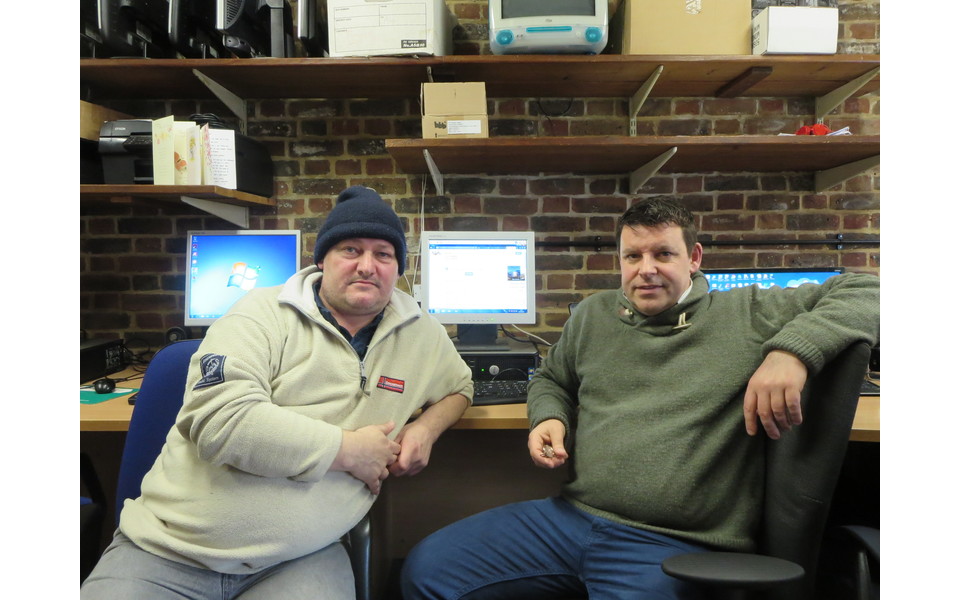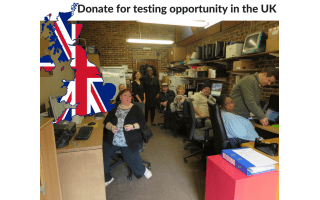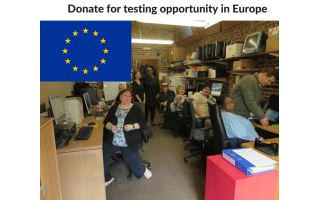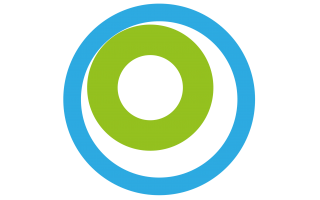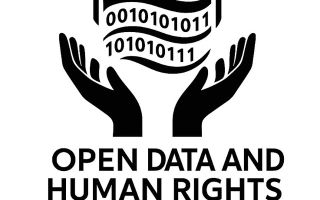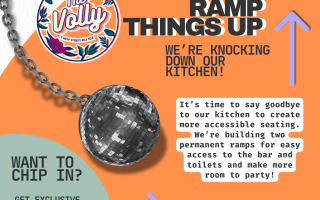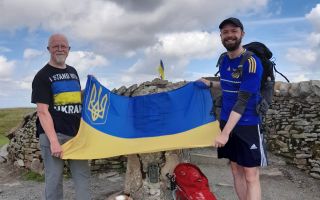Around 80 million people in Europe live with a disability and may have difficulties using websites.
Why are so many websites inaccessible?
To improve our user experience (UX), UX experts set up testing in which users are prompted to go through a website to perform tasks and answer questions. The problem is that UX experts don’t include enough users with disabilities. Consequently, many websites in the market are inaccessible to a lot of people with disabilities. This creates barriers to the social and digital inclusion of people with disabilities, novice internet users and senior citizens.
I am Juliette, the director of Inclusight. My mother is living with Multiple Sclerosis. She has always had lack of memory and bad dexterity in her hands. This means she cannot access websites or services like facebook, or skype, as we do every day. She lives in France and I travel a lot so you can imagine how hard it is for us to communicate. Then, because she is struggling with computers, she is digital excluded and social loneliness is a daily routine.
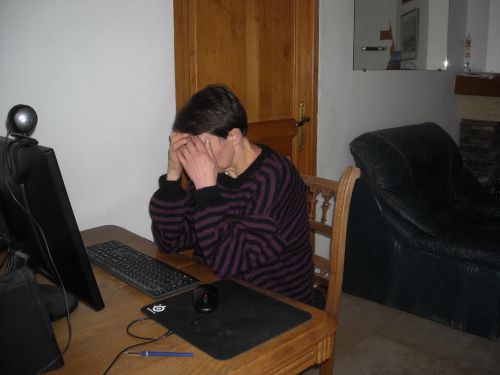
My mom struggling with her computer.
Can you imagine yourself as a colorblind, reading a black and white tube map? A real challenge, isn't it? Making websites accessible is not necessarily complicated, but if you do not receive feedback from a diverse pool of users, you may miss very important points.

Why is Inclusight a way to make websites more accessible?
At Inclusight, we would like to provide an online platform where people with disabilities can give feedback. No experience is required. All testers need to have is a computer so that they can go to the website and tell what is complicated or not to do. ALL our testers are rewarded and their privacy is protected.
Why is Inclusight crowdfunding?
- The money we will raise will help to build the Inclusight online platform.
- And it will help to offer website testing opportunities to people with disabilities and people who struggle with technology.
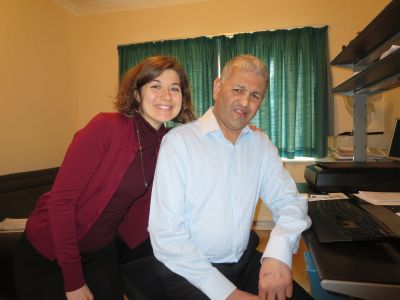
Poolin is blind. He is struggling with computers. He wishes he could use online services more often.
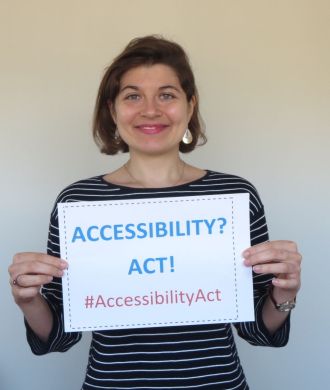
The UN Convention on the Rights of Persons with Disabilities is the first Human Rights treaty that recognises access to the Internet as a fundamental right (article 9).
If you struggle with inaccessible websites or, if as myself, you are caring for someone who has access needs, it is time to raise your voice. Your contribution can help us make our digital world accessible for all.
To support the Inclusight project please pledge and share now.
